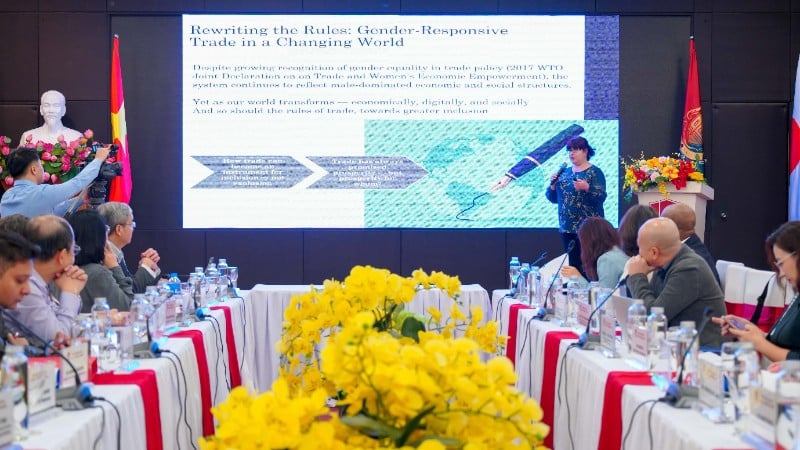
On October 22, within the framework of the 13th International Economic Cooperation and Integration Conference, the University of Economics, Vietnam National University, Hanoi, in collaboration with the University of Adelaide (Australia), Sofia University (Bulgaria), Confab 360 degree (India), Rangsit University (Thailand), Foreign Trade University (Vietnam), Diplomatic Academy (Vietnam), World National Economics University (Bulgaria) and Glocal Venture Inc (USA) organized the Conference "Creating the future: Trade, innovation and inclusive development".
In his opening speech, Associate Professor, Dr. Nguyen Hong Son, Deputy Head of the Central Policy and Strategy Committee, pointed out that in the context of a rapidly changing world, international economic integration, innovation and inclusive growth are key driving forces towards a sustainable future and resilience of each country.
These orientations are also clearly shown in important documents and resolutions of our Party and State, especially Resolution No. 68-NQ/TW of the Politburo on promoting international integration, science and technology and the private sector as key growth drivers; Resolution No. 59-NQ/TW on strengthening and improving the effectiveness of international economic integration in the new context.

These strategic orientations are completely consistent with Vietnam's development vision by 2045, becoming a developed, high-income, self-reliant country deeply integrated with the world.
Associate Professor, Dr. Le Trung Thanh, Rector of the University of Economics, Vietnam National University, Hanoi, said that the conference took place in the context of profound changes in the world economy, so through the conference, speakers proposed solutions for Vietnam to develop sustainably in key areas such as: Green trade and digital trade; technological innovation and sustainable startups; empowering women and vulnerable groups in economic development; strengthening international cooperation for innovative, inclusive and sustainable growth.

Logistics is one of the important fields of international trade. Associate Professor, Dr. Vu Thanh Huong, Deputy Head of the Faculty of Economics and International Business, University of Economics, Vietnam National University, Hanoi, mentioned the issue of “Logistics in Friendshoring: Competitive advantages and geopolitical risks”.
In the context of rising geopolitical tensions and fragmented global supply chains, there has been a trend of “friendshoring” (shifting supply chains to allied countries). She believes that emerging economies need to consider logistics as a long-term strategic advantage, prioritize large-scale infrastructure investment, promote digital transformation and strengthen regional cooperation to diversify shipping routes and respond to risks.
Another important issue mentioned in international trade is e-commerce. Ms. Le Thi Ha, Head of the Department of E-commerce Management, Vietnam E-commerce and Digital Economy Agency, Ministry of Industry and Trade, proposed to continue to improve the legal framework to manage new business models, policies to support businesses (especially small and medium enterprises) in digital transformation, and solutions to promote cross-border e-commerce.

Following the presentations was a Q&A and discussion session on the topic “The relationship between innovation and inclusive development in the context of Vietnam”. In this session, speakers focused on discussing the role of the national innovation ecosystem, the responsibilities of businesses and the government, and international lessons for Vietnam.
In the afternoon of the same day, four parallel discussion sessions were held with the following topics: international trade as a driver for future empowerment; promoting inclusive development for a prosperous future (Online); innovation and technology for future empowerment; and synergy for future inclusive empowerment.

Discussions in these sessions go beyond the traditional framework of goods trade, delving into the linkages between trade, innovation and inclusive growth in the context of digital transformation and the green economy. Sessions also analyze new growth drivers, from the resilience of FDI after the global minimum tax, the creative economy, to the role of innovation in women’s labor market participation. Policy implications are presented by the authors to help governments and businesses overcome the emerging challenges.
Source: https://nhandan.vn/thuc-day-tang-truong-dua-tren-thuong-mai-quoc-te-post917136.html



![[Photo] Prime Minister Pham Minh Chinh chairs meeting on nuclear power plant construction](https://vphoto.vietnam.vn/thumb/1200x675/vietnam/resource/IMAGE/2025/10/22/1761137852450_dsc-9299-jpg.webp)

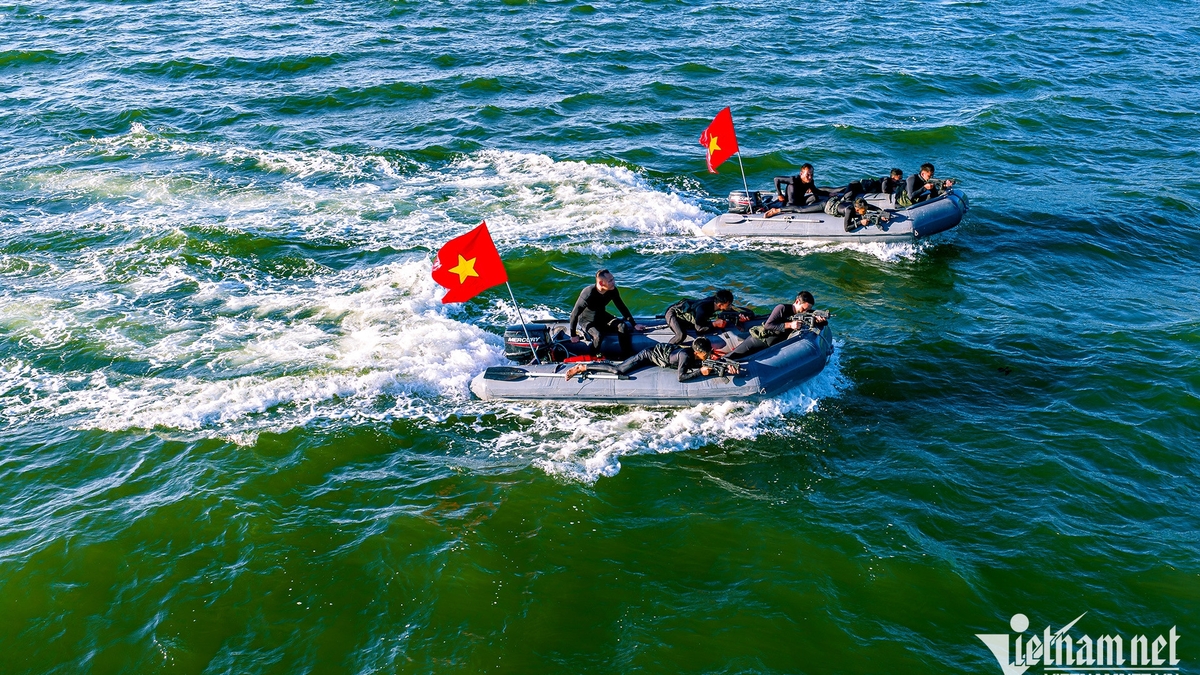


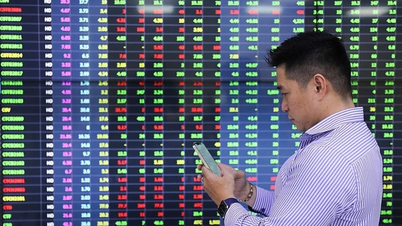
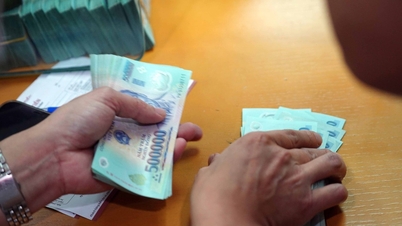



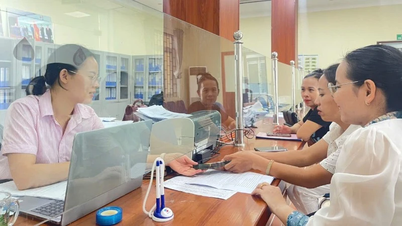







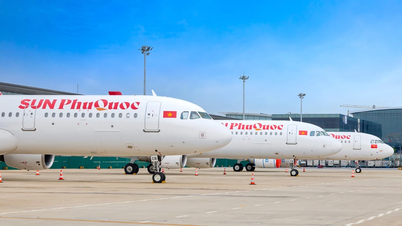
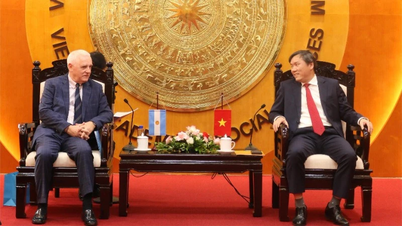
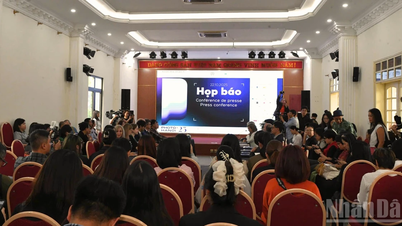

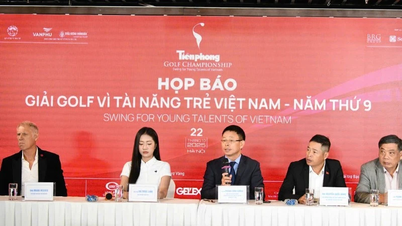
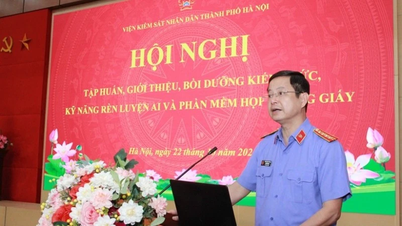





































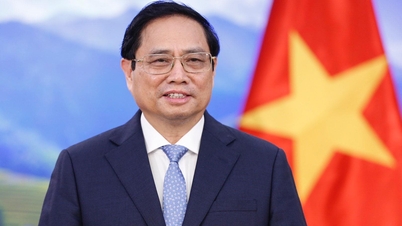

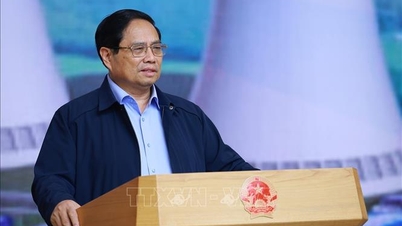


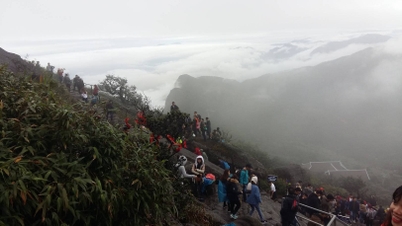

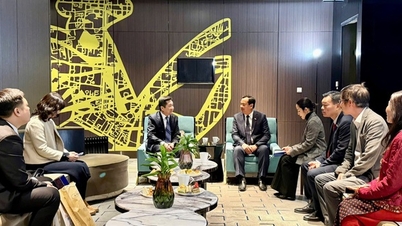

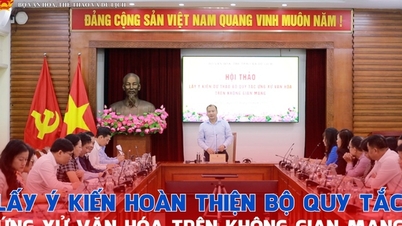
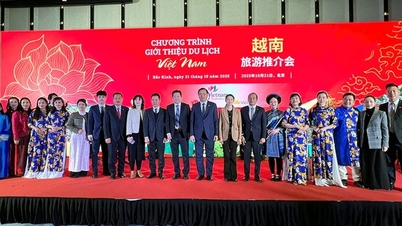
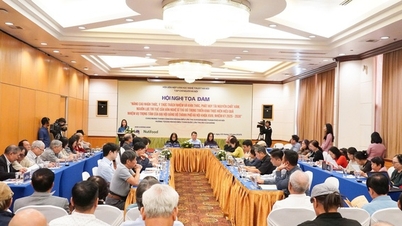
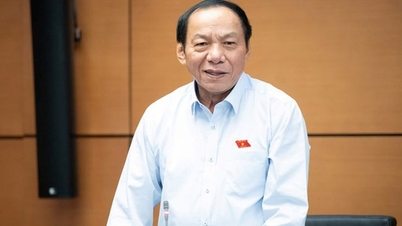
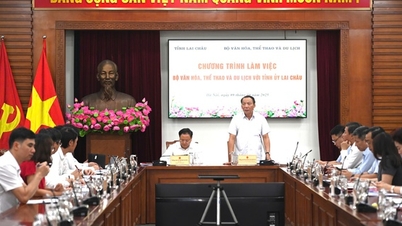
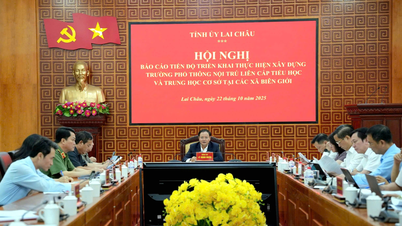
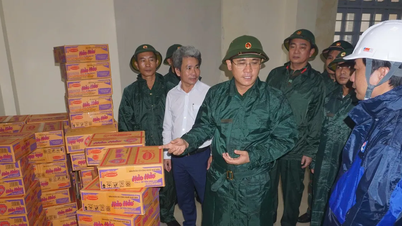



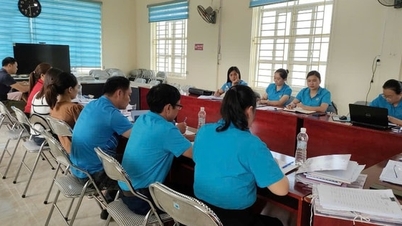


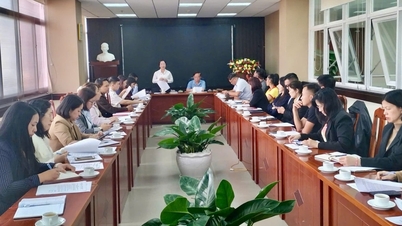










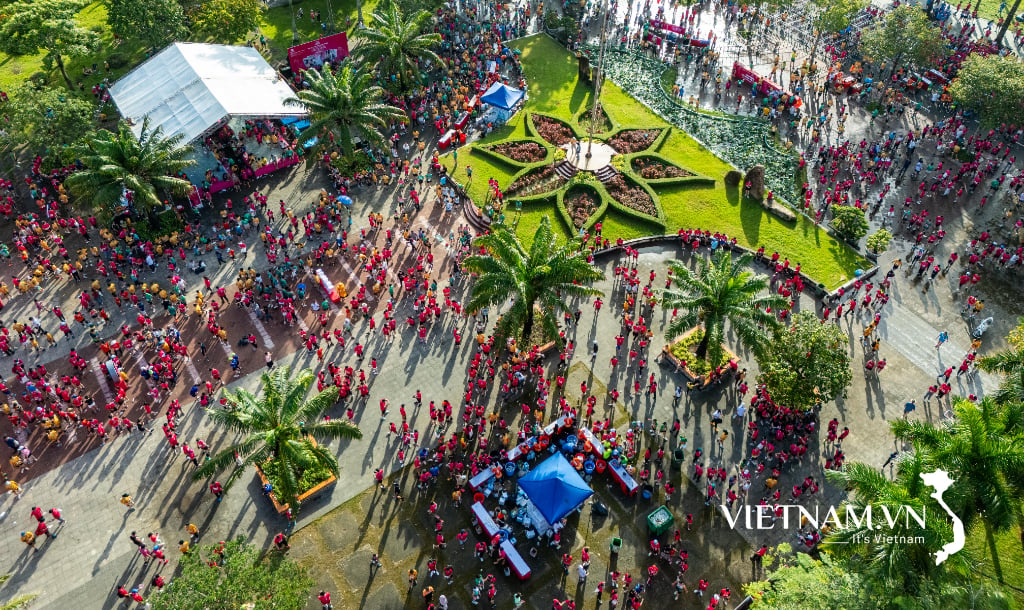



Comment (0)